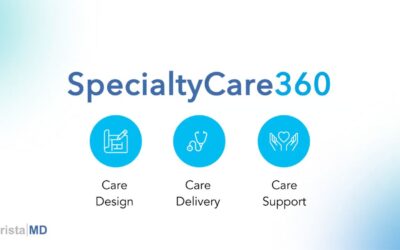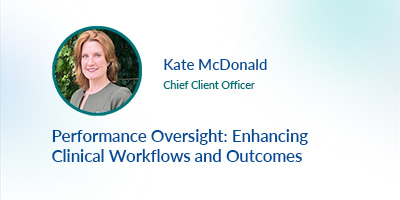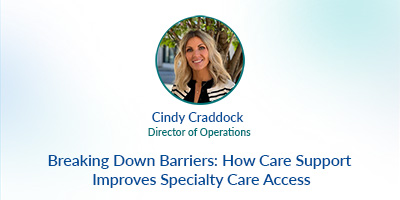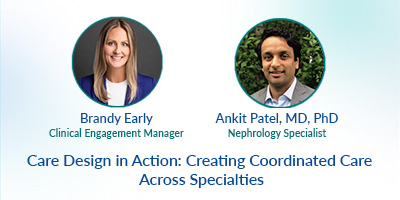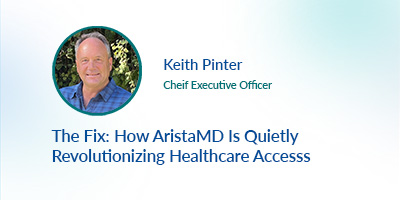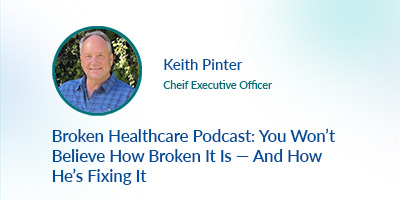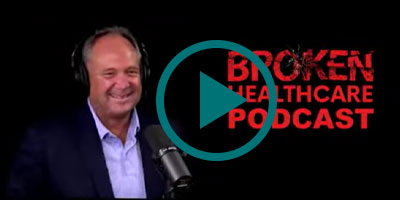Videos
Watch our videos to learn how to leverage our services.
Videos
Care Pathways
Transform Care With SpecialtyCare360
AristaMD brings simple, targeted specialty care that maintains care continuity and closes care gaps. SpecialtyCare360 simplifies specialty care through integrated care delivery, care support, care design, and performance oversight. Together, these offerings improve access, coordination, and patient outcomes while reducing cost and complexity.
Performance Oversight: Enhancing Clinical Workflows and Outcomes
Discover how AristaMD moves Performance Oversight beyond historical reporting to a predictive system, arming Primary Care Physicians with the specialist guidance needed to resolve clinical risk before it impacts quality metrics.
From Click to Clinic: Best Practices for Integrated Care Delivery
Join Julia Jezmir, MD, MBA, Chief Medical Officer at AristaMD, to discover how Care Delivery integrates eConsults, telehealth, and in-person specialty care to expand access, improve outcomes, and lower costs. Learn strategies to empower PCPs with timely specialist input, remove geographic barriers, and design care pathways that guide the right intervention at the right time.
Breaking Down Barriers: How Care Support Improve Specialty Care Access
Join Cindy Craddock, RN, Director of Operations at AristaMD, to discover how Care Support eliminates specialty care wait times, improve patient outcomes, and recover lost revenue. Learn proven strategies for deploying care coordinators, implementing health coaching programs, and creating seamless PCP-specialist communication.
Care Design in Action: Creating Coordinated Care Across Specialties
Brandy Early, Clinical Engagement Manager, and Ankit Patel, MD, PhD, Nephrology Specialist at AristaMD, reveal how Care Design transforms fragmented CKD management…
The Fix: How AristaMD Is Quietly Revolutionizing Healthcare Access
Keith Pinter, CEO at AristaMD, recently joined The Broken Healthcare Podcast to discuss a critical challenge facing healthcare today: how seniors navigate specialty care access.
You Won’t Believe How Broken It Is — And How He’s Fixing It
Keith Pinter, CEO at AristaMD, recently joined The Broken Healthcare Podcast to discuss a critical challenge facing healthcare today: how seniors navigate specialty care access.
Mastering Care Gap Closure: Data-Driven Strategies
Xanthe Bible, Operations Manager, and Kate McDonald, SVP of Strategy at AristaMD, share proven methodologies for identifying and closing care gaps to improve patient outcomes and quality scores.
The Power of Trust – Why Seniors Rely on Primary Care
The Broken Healthcare Podcast featured Keith Pinter, CEO of AristaMD, who discussed simplifying access to specialty care starts with strengthening the primary care relationship with seniors.

